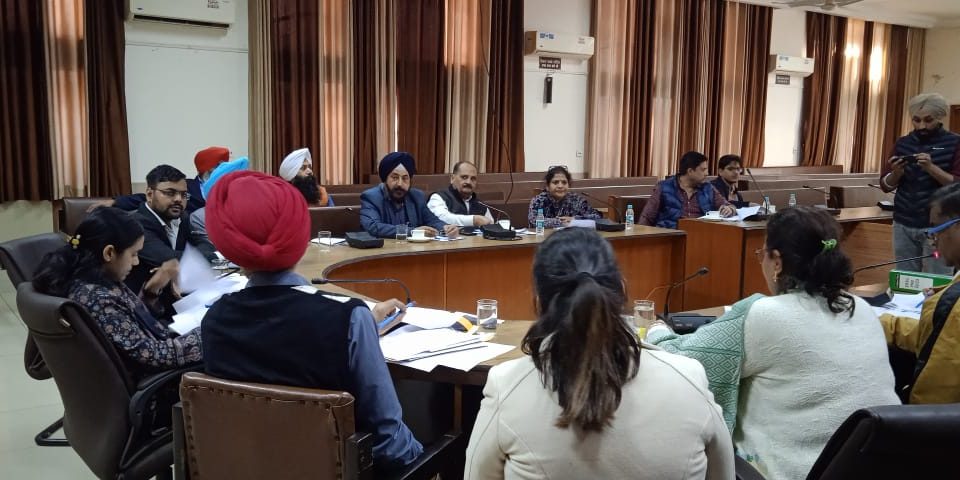- Have any questions?
- +91 96463-34000
- info@channel88.co.in

11 करोड़ में बिकी दाऊद की मुंबई की प्रॉपर्टी
November 8, 2017
राम मंदिर पर मोहन भागवत के बयान ने मचाया बवाल
November 26, 2017Narendra Modi’s charisma may still work in Gujarat but GST, demonetisation will complicate polls

Ahmedabad: So, he is finally coming. It is he who keeps off the Congress in Gujarat from celebrating a wishful victory. And it is only he who is keeping the ruling BJP smiling ear-to-ear, giving evidence that it has little else but him.
Narendra Modi aave chhey (Modi is coming) was the BJP’s colourful Whatsapp media invite, giving details of his schedule, apparently as a rejoinder to Congress’ long continuing Congress aave chhey (Congress returning to power) slogan.
More crucial than the fact that he has never seen a defeat in his political life is that he just can’t afford to lose Gujarat in 2017. More crucial than the fact that this is his home state is that Gujarat is his model.In a scenario where the BJP does not have a chief ministerial candidate for sure and Vijay Rupani is the only representative, it is only Narendra Modi who is there. But well, for Modi, the challenge is that he is the prime minister who multi-tasks as a de facto leader in Gujarat, and anything here would have a direct bearing on his politics.
A defeat here would mean all his politics that he claims to be implementing across the country being thrown to the winds in his very own laboratory, by the very people who sustained and nurtured it over 15 years since 2002.
More crucial, still, is that two of the most self-touted big ticket decisions under his tutelage have come to hound him in his very own Gujarat just halfway through his prime ministership. The very two decisions of demonetisation and Goods and Services Tax (GST) have already become a millstone around his neck.
It is a state and not a national election and he is the prime minister and no longer a chief minister. But when it comes to Gujarat, these differences collapse and everything is sure to revolve around him.
If Modi is removed from the narrative, a stereotype analysis of present day Gujarat politics would tell you the Congress is looking good after a drought of 32 years. It has never formed a government in the state since 1985 after its best performance of 149 seats out of 182, a record Narendra Modi has not been able to break with all his might.
It is for the first time that two loyal votebanks of the Bharatiya Janata Party, from where its entire rank and file was born and which have raised the party to its present height in Gujarat, have turned its worst enemies.
There is no disagreement with the GST as a reform, but the anger — it is not anger, not a grouse — in the way it is being hastily driven down their throat refuses to die out. What is being called teething problems by Modi and BJP president Amit Shah have actually taken a heavy toll on the small and medium business segments as well as the traders, who have still not emerged from the pounding of demonetisation.
The other key votebank of the BJP is the Patidars, who have been the party’s numerical, social and economic backbone and its 12 percent population is spread across all demographies of Gujarat. The mammoth response to Patidar reservation fighter Hardik Patel’s rallies across the state had to be seen to be believed.
Hardik Patel’s agitation for reservation to Patidars in government jobs and educational institutions under the OBC category grew in the middle of 2015 in the backdrop of agricultural stress, rising unemployment and a burgeoning private sector in education. His words appeal to younger Patidars between the twenties and thirties in the rural and semi-urban areas, who haven’t mostly seen any other party’s rule in Gujarat, and have started believing in him that they had actually been used like a votebank by the BJP.
While there are already 20 lakh registered unemployed youth in Gujarat besides at least half as many not on the employment bureau records, the impact of demonetisation and GST have only accentuated the crisis and made the Patidar agitation as much stronger. This holds equally true for the Other Backward Classes (OBC) and the Dalits, who have also been hit by note ban and the new tax, while being already plagued by unemployment and the agrarian crisis they had been facing for long.






